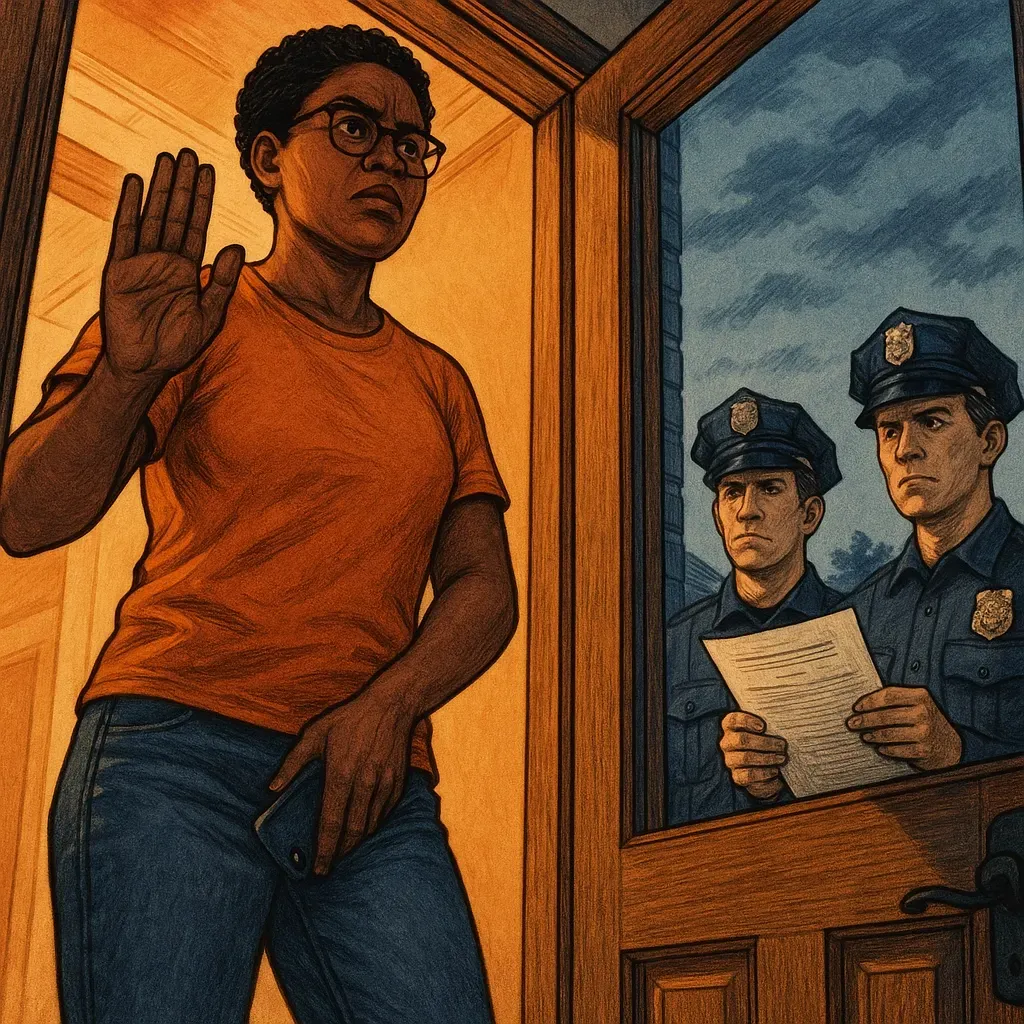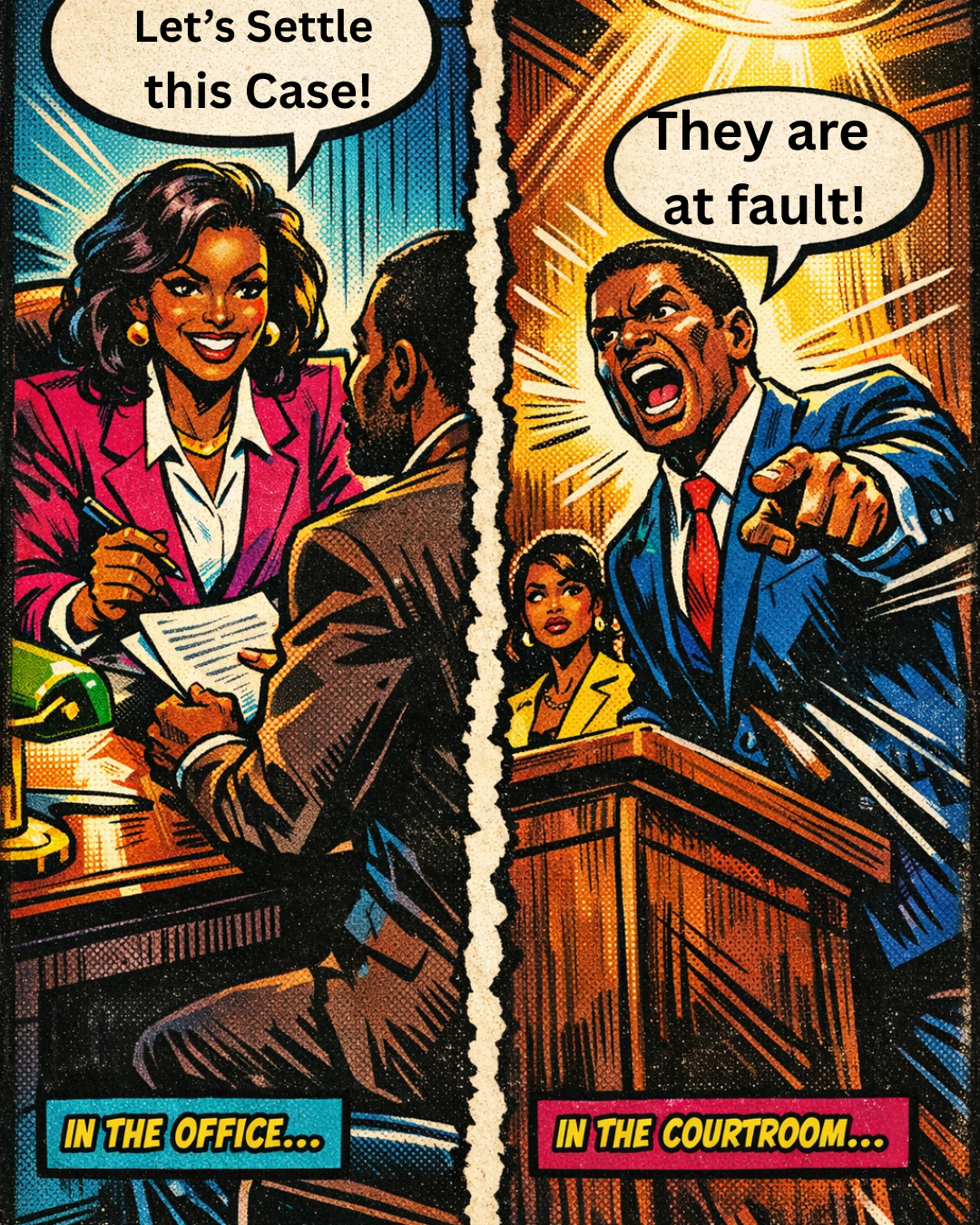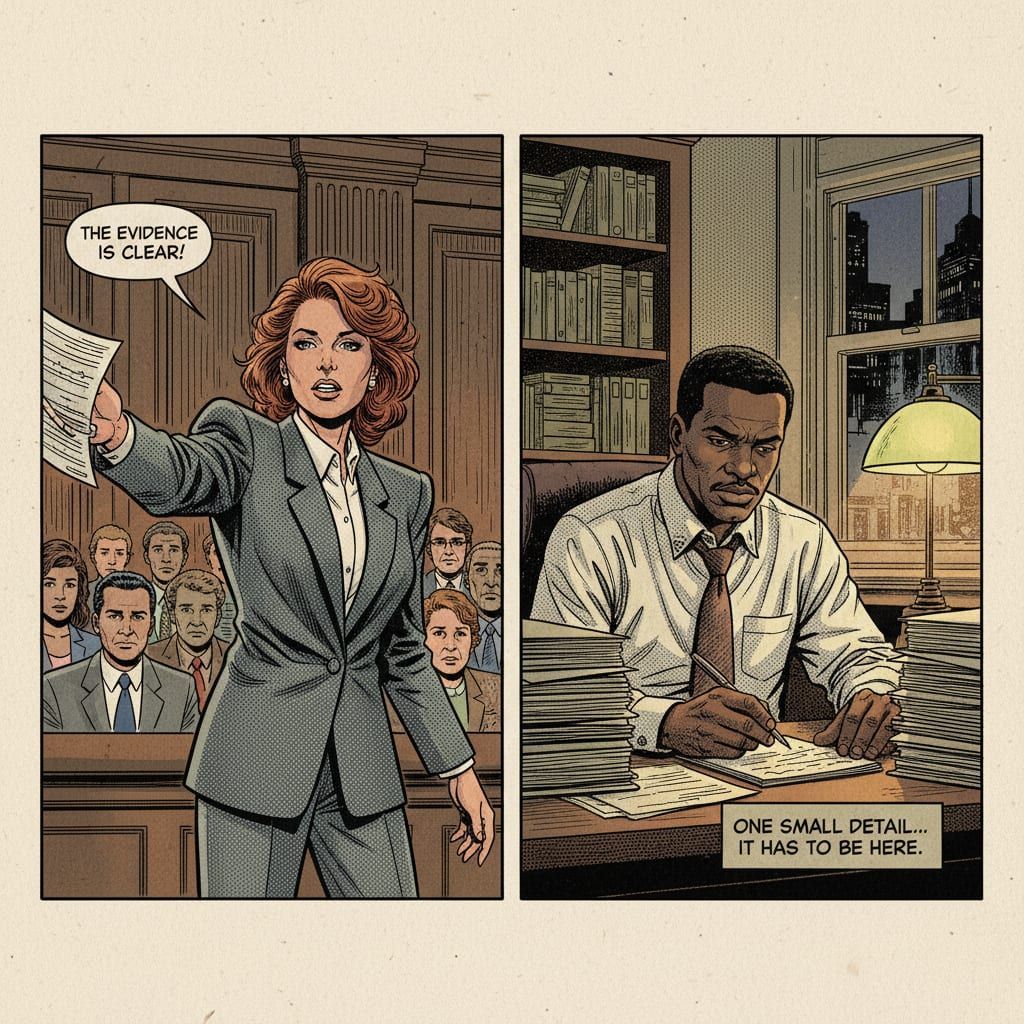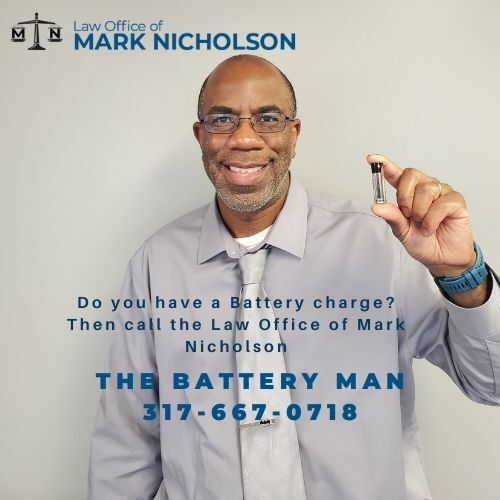GloRilla's Marijuana Arrest: Are We Missing the Real Crimes?
Are We Missing the Real Crimes?

When Priorities Get Twisted: Entertainment vs. Enforcement
In a bizarre twist of legal priorities, chart-topping rapper GloRilla (Gloria Woods) went from electrifying crowds at the WNBA All-Star Game to facing felony drug charges just days later. The contrast couldn't be more jarring – one minute she's delivering a performance that had fans on their feet, and the next, she's dealing with a criminal justice system that seems more concerned with marijuana than armed robbery.
Let me be crystal clear about something: I was there. GloRilla's performance at the WNBA All-Star Game was nothing short of spectacular. The energy she brought to the arena was electric. Fast forward to her facing potential jail time over marijuana possession while actual burglars who terrorized her home remain at large? Something doesn't add up.

The Incident: Robbery Takes a Back Seat
Here's what went down: While GloRilla was away performing, armed intruders broke into her Atlanta-area home. Someone staying at her residence actually fired shots at these intruders before calling police for help. The burglars escaped with various items. This is textbook armed robbery – a serious felony with potential for violence that puts lives at risk.
When deputies arrived to investigate the break-in, they reportedly smelled marijuana. Instead of focusing entirely on tracking down the dangerous criminals who had just committed a home invasion, they pivoted to obtaining a search warrant for GloRilla's property. The result? They discovered marijuana in her master bedroom closet and subsequently charged her with possession.
GloRilla eventually turned herself in and was released on a $22,260 bond. Meanwhile, the armed robbers who invaded her home? Still at large.
Her attorney stated plainly: "Woods' family called law enforcement for that crime, not expecting a search warrant to be issued." GloRilla herself expressed frustration on social media, questioning why authorities focused on "some cannabis" rather than finding the people who violated her home's security.
The Legal Double Standard
This case highlights a troubling reality in our criminal justice system: the disproportionate resources allocated to drug offenses compared to violent crimes. At the Law Office of Mark Nicholson, we see this misalignment of priorities regularly.
Consider the legal severity scale under Indiana law:
- Armed robbery: A Class 3 felony carrying 3-16 years in prison
- Residential Entry: A Class 6 felony with 6 months to 2.5 years in prison
- Marijuana possession: Often a misdemeanor or low-level felony with significantly lighter sentences
Yet which crime received immediate resolution in this case? The marijuana charge, not the violent home invasion.
A Nationwide Problem With Local Impact
This isn't just a GloRilla problem or an Atlanta problem. Here in Indiana, we've witnessed similar scenarios play out repeatedly. Law enforcement resources are finite, and when they're directed toward prosecuting drug possession instead of solving violent crimes, communities suffer.
Indiana's marijuana laws remain among the strictest in the nation:
- Possession of any amount can result in misdemeanor charges
- Possessing over 30 grams can be charged as a felony
- Penalties include up to a year in jail and fines up to $5,000
Meanwhile, our state's clearance rates for robbery hover around 30%, meaning most armed robberies go unsolved. When police departments allocate significant resources to drug enforcement, violent crime investigations inevitably receive less attention.
The Deeper Question: What Are We Really Protecting?
The fundamental question this situation raises is about societal priorities. What poses a greater threat to public safety:
- A celebrity possessing marijuana in their own home
- Armed individuals breaking into homes and threatening residents
The answer seems obvious, yet our criminal justice system's actions often suggest otherwise.
This misalignment of priorities has real consequences. When communities see law enforcement aggressively pursuing non-violent drug offenders while violent criminals remain free, trust erodes. People become less likely to report crimes or cooperate with police, making neighborhoods less safe overall.
Know Your Rights: Lessons From GloRilla's Situation
If there's one thing GloRilla's case teaches us, it's the importance of understanding your legal rights during police encounters and investigations. Let's break down some key points:
During a Police Investigation
- Police need probable cause to obtain a search warrant
- The scope of a search should be related to the original investigation
- You have the right to remain silent and request an attorney
If You're Facing Charges
- Don't discuss your case with anyone except your attorney
- Examine whether evidence was obtained legally
- Question if police followed proper procedure

The Bigger Picture: Criminal Justice Reform
GloRilla's case isn't happening in isolation. It's part of a broader national conversation about criminal justice reform and the inequitable application of law enforcement resources.
Many states have recognized this imbalance and taken steps to address it:
- 38 states have legalized marijuana in some form
- Numerous jurisdictions have deprioritized marijuana enforcement
- Some prosecutors' offices have adopted policies to focus resources on violent crimes
Indiana, however, has been slower to adapt. Our drug laws remain strict, and enforcement continues to consume significant police and court resources that could be directed toward solving violent crimes and protecting communities.
When Your Rights Are Violated
If you find yourself in a situation similar to GloRilla's – where what began as one investigation suddenly shifts to something else – remember that you have legal options.
At the Law Office of Mark Nicholson, we regularly challenge:
- The legality of search warrants
- Whether probable cause truly existed
- If police overstepped the boundaries of their investigation
- Whether evidence was properly obtained and handled
These challenges can make the difference between facing charges and having your case dismissed. Courts have consistently ruled that evidence obtained through improper searches can be excluded from trial.
Protecting Yourself in Indiana
For Indiana residents, the disconnect between marijuana laws and enforcement priorities creates a particularly difficult situation. While neighboring states have reformed their approaches to marijuana, possession in Indiana remains criminalized. This creates a patchwork of enforcement that can catch people off guard.
If you're facing drug charges in Indiana, consider these critical steps:
- Immediately contact an experienced criminal defense attorney
- Document everything about your encounter with police
- Don't consent to searches without a warrant
- Remain polite but firm about your rights
Remember, the strength of your defense often depends on how quickly you secure legal representation. At the Law Office of Mark Nicholson, we've seen countless cases where early intervention made the crucial difference.
A System in Need of Balance
GloRilla's situation perfectly illustrates a criminal justice system that often loses sight of its primary purpose: protecting public safety. When resources are diverted from investigating armed home invasions to prosecuting marijuana possession, we all lose.
For every hour spent processing a marijuana case:
- Detectives aren't tracking down violent offenders
- Evidence in serious cases grows colder
- Victims of violent crimes wait longer for justice
This isn't just inefficient – it's a public safety issue. Communities deserve a criminal justice system that prioritizes their protection from genuine threats, not one that expends limited resources on non-violent offenses while violent criminals remain free to victimize others.
Moving Forward: Demanding Better
As citizens, we deserve a criminal justice system that reflects our priorities. If we believe that stopping armed home invasions should take precedence over marijuana enforcement, then we need to make that clear to lawmakers and law enforcement agencies.
This means:
- Supporting criminal justice reform initiatives
- Electing prosecutors who prioritize violent crime
- Demanding transparency in how police resources are allocated
- Speaking out when we see misaligned priorities like in GloRilla's case
The Bottom Line
GloRilla's marijuana arrest following a burglary at her home isn't just about one celebrity's legal troubles. It's a spotlight on a systemic problem affecting communities nationwide. When police resources focus on drug enforcement at the expense of solving violent crimes, public safety suffers.
At the Law Office of Mark Nicholson, we're committed to fighting for a more balanced approach to criminal justice. Whether you're facing drug charges or have been the victim of police brutality that hasn't received proper attention, we stand ready to fight for your rights!
Don't let a system with misplaced priorities determine your future. If you're facing criminal charges in Indiana, contact our office today for a consultation. We'll fight to ensure that your case is handled fairly and that your rights are protected every step of the way.
Because when it comes to justice, the focus should always be on keeping communities safe from real threats – not creating new victims through misplaced enforcement priorities.






















